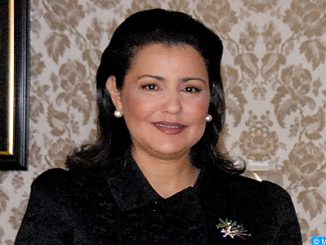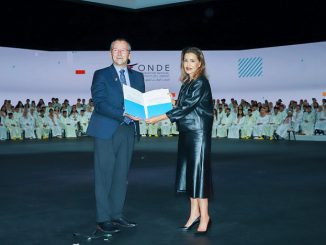
Israeli NGO asked by UNICEF to help disabled children in Georgia
UNICEF Georgia and MAC Georgia turned to Beit Issie Shapiro for expertise to improve and upgrade the teleservices provided to children with disabilities in Georgia.
The Israeli organisation Beit Issie Shapiro, at the forefront of treatment for children with disabilities, has been chosen by the Georgian branch of UNICEF to help develop teleservices for Georgian children and their families via communication devices.
In these difficult times of coronavirus, social services such as early intervention, childcare and home care have been disrupted since the beginning of March 2020, leaving millions of disabled people around the world helpless.
In partnership with McLain Association for Children (MAC) in Georgia, a global organisation for children with disabilities, UNICEF Georgia decided to call on the Israeli organisation Beit Issie Shapiro to help it develop a more adaptable teleservice tool to enable people with disabilities to benefit from social services. services.
Due to the difficult working environment created by the coronavirus pandemic, Beit Issie Shapiro had to upgrade its teleservices, share knowledge and train disability professionals through international webinars with more than 2200 participants from 30 countries.
The Israeli Embassy in Georgia and MASHAV , the Israeli Agency for International Development Cooperation, supported the project.
“As a father of a child with special needs, I am particularly aware and attentive to the difficulties that children in the special education system experienced during VIDOC-19,” said Ran Gidor, Israeli Ambassador to Georgia.
“I am proud that Beit Issie Shapiro, one of the leaders on the ground around the world, has been chosen by UNICEF to serve as advisor to carry out this important project,” said Gidor.
“The Israeli Embassy and MASHAV’s sponsorship of this project is a testament to its importance and the centrality of Beit Issie Shapiro in the field of disability for their cooperation with foreign governments and international organisations.




Be the first to comment